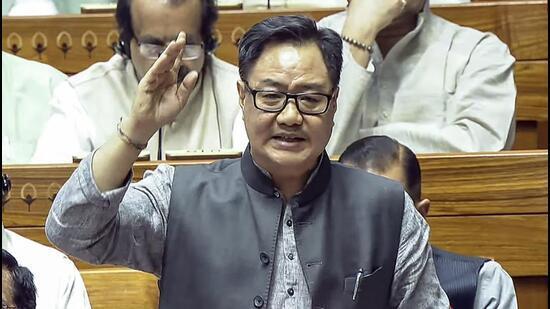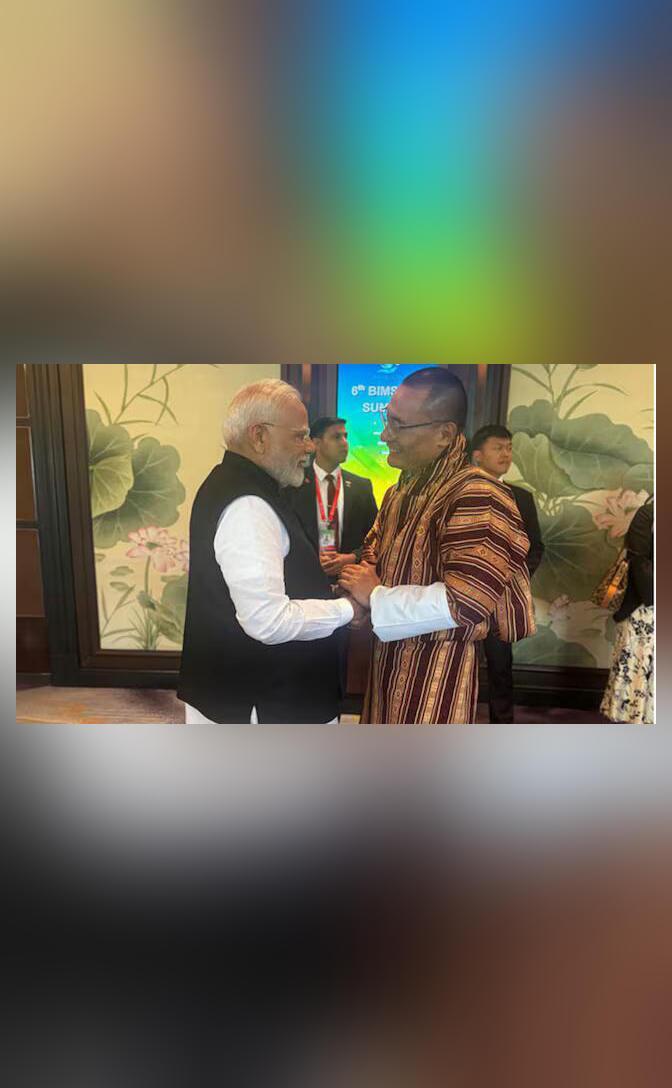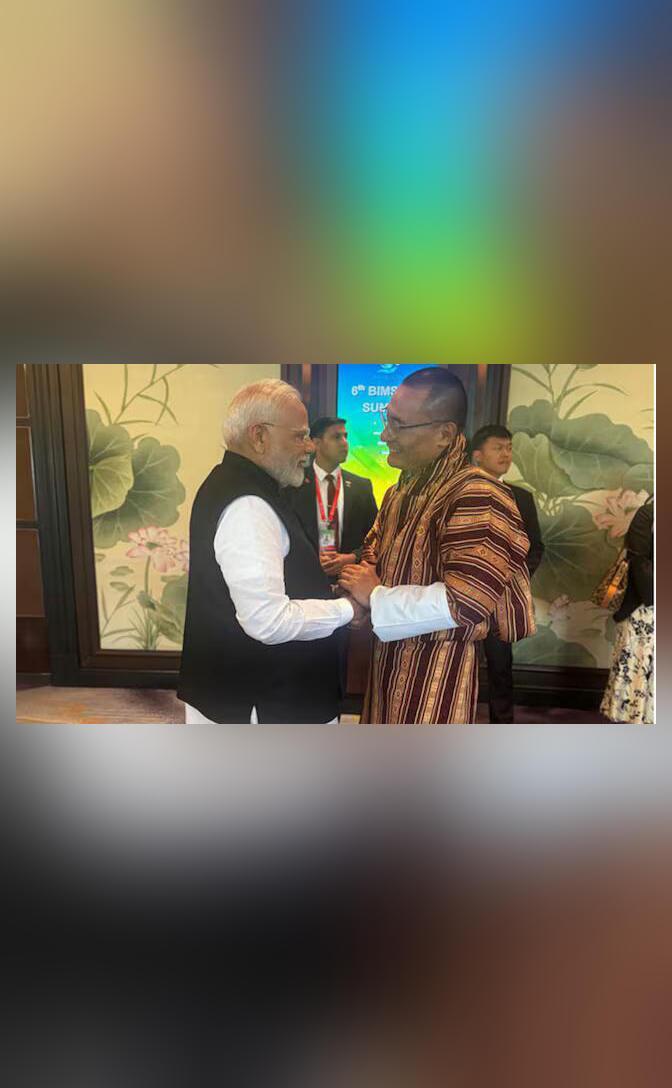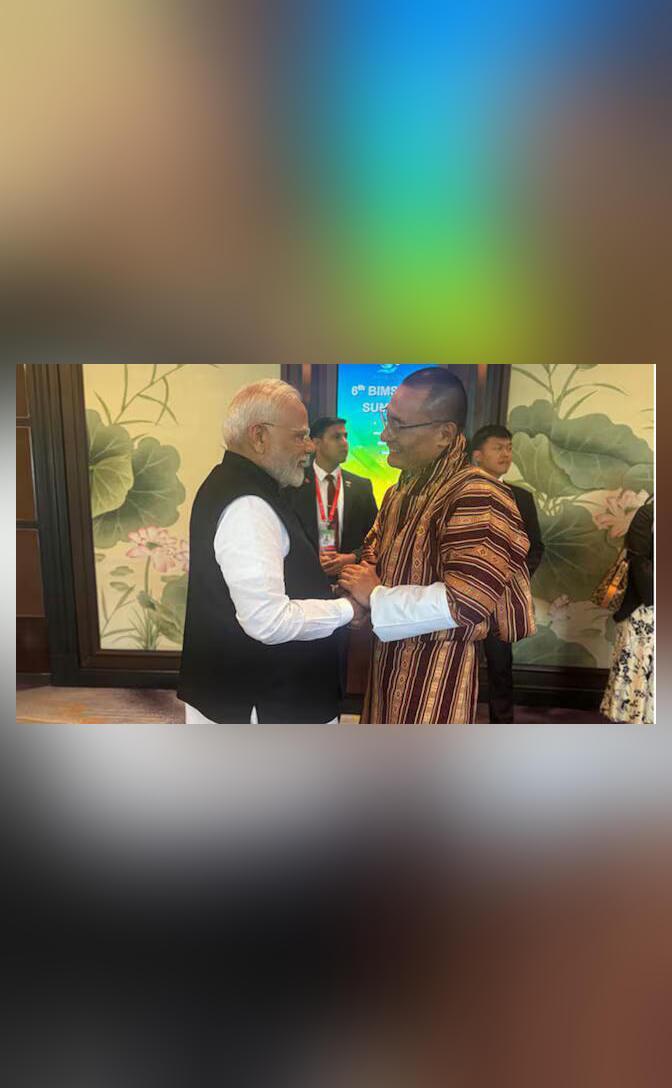
Opposition creates confusion & leaves House: Rijiju in Rajya Sabha
The Rajya Sabha, often considered the upper house of the Indian parliament, has been witnessing a series of heated debates and discussions on various bills and issues. Recently, Union Minister Kiren Rijiju was at the center of a controversy when he criticized senior Rajya Sabha members for creating confusion and not staying back to listen to the replies during discussions on a bill.
The incident took place on Thursday during the debate on the Waqf (Amendment) Bill. Rijiju, the Minister of State for Home Affairs, was responding to the concerns raised by Opposition members, including senior lawyer and Congress leader Kapil Sibal. Sibal had compared the properties of Waqf bodies with those of other religious bodies, which Rijiju claimed was an attempt to create confusion.
According to Rijiju, Sibal’s comparison was misleading and created unnecessary controversy. The Minister said that Sibal’s intention was to distract the House from the actual issue at hand, which is the amendment to the Waqf Act. Rijiju also accused Sibal of not staying back to listen to the replies given by him, which he claimed was a habit among some Opposition members.
“It is a habit of some members to create confusion, raise issues and then leave the House without staying back to listen to the replies. This is not the way to conduct a meaningful discussion,” Rijiju said, as quoted by The Print.
Rijiju’s remarks were seen as a veiled attack on Sibal and other Opposition members who have been actively participating in the debates in the Rajya Sabha. The Minister’s criticism is not without merit, as some Opposition members have been accused of disrupting the proceedings of the House and not allowing the government to present its views.
In recent times, the Rajya Sabha has witnessed several heated debates and walkouts by Opposition members. The Congress party, in particular, has been vocal in its criticism of the government’s policies and has been participating actively in the debates. However, Rijiju’s criticism of Sibal and other Opposition members has been seen as an attempt to divert attention from the actual issues and to silence the Opposition.
Sibal, who is known for his sharp tongue and quick wit, responded to Rijiju’s criticism by saying that the Minister was trying to intimidate him and other Opposition members. Sibal claimed that Rijiju was not willing to engage in a constructive debate and was instead resorting to personal attacks.
“This is an attempt to intimidate me and other Opposition members. But we will not be cowed down. We will continue to raise our voices and demand accountability from the government,” Sibal said, as quoted by The Print.
Rijiju’s criticism has also been seen as a sign of the growing tensions between the government and the Opposition in the Rajya Sabha. The two sides have been engaged in a bitter battle over various issues, including the government’s handling of the economy, the Rafale deal, and the Citizenship Amendment Act.
The Waqf (Amendment) Bill, which is aimed at amending the Waqf Act of 1995, has been a contentious issue in the Rajya Sabha. The Opposition has accused the government of trying to dilute the Act and undermine the autonomy of Waqf bodies. The government, on the other hand, has claimed that the amendment is necessary to streamline the functioning of Waqf bodies and ensure transparency in their operations.
In conclusion, Rijiju’s criticism of senior Rajya Sabha members for creating confusion and not staying back to listen to the replies has sparked a controversy in the House. While Rijiju’s remarks have been seen as a veiled attack on the Opposition, Sibal and other Opposition members have responded by accusing the Minister of trying to intimidate them and silence their voices.
The incident highlights the growing tensions between the government and the Opposition in the Rajya Sabha and the need for a more constructive and respectful dialogue between the two sides. As the debate on the Waqf (Amendment) Bill continues, it remains to be seen whether the two sides will be able to find common ground and reach a consensus on the issue.




